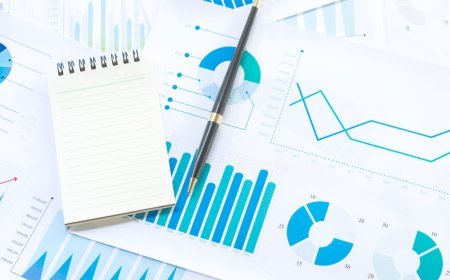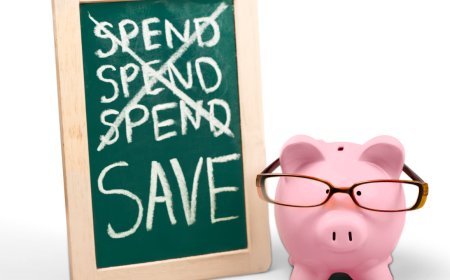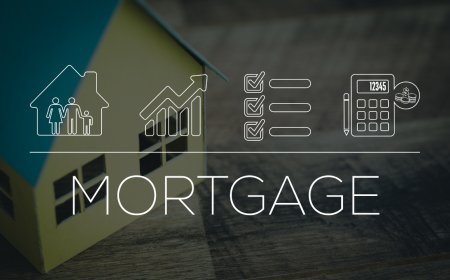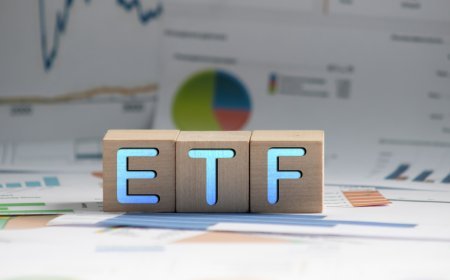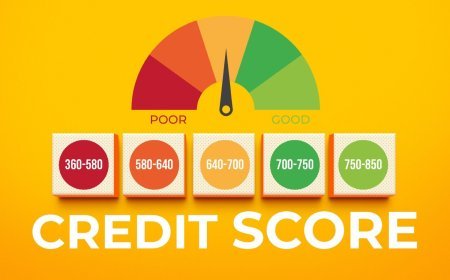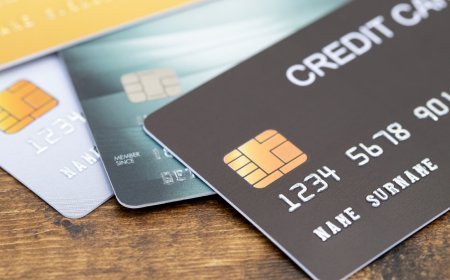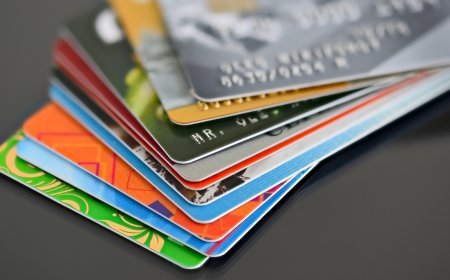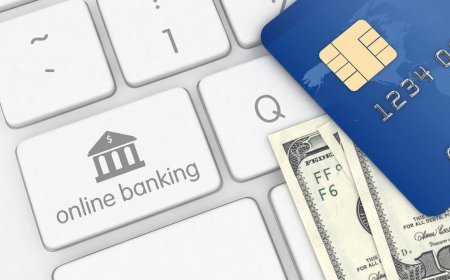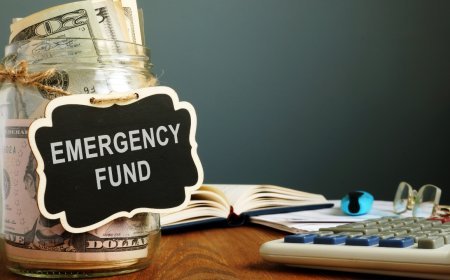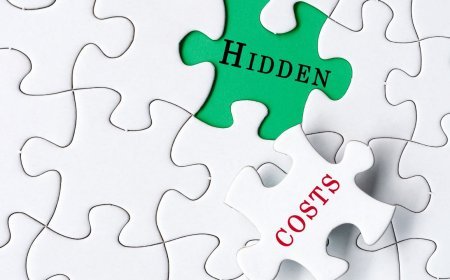The Surprising Link Between Saving Money and Your Mental Health
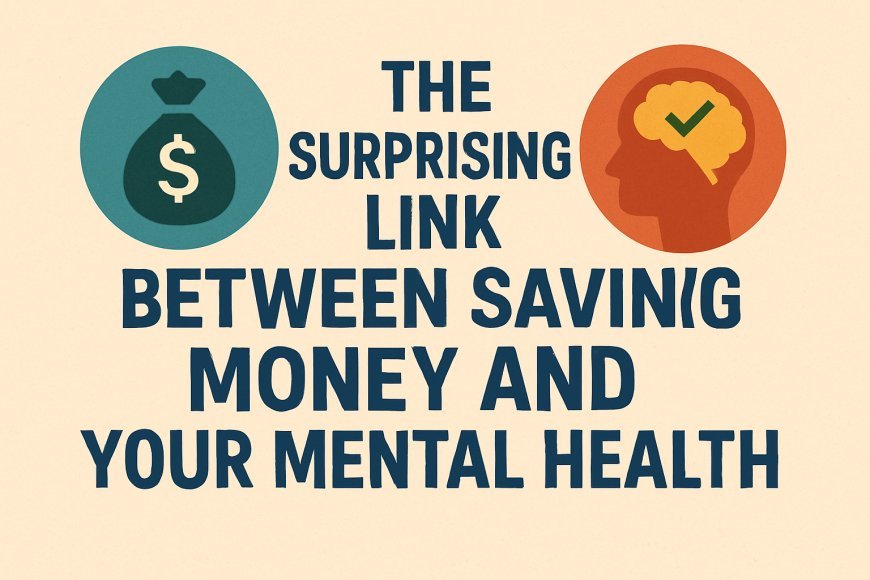
A recent study from the University of South Australia reveals that managing your money wisely isn't just good for your wallet—it can also be a powerful tool for improving your mental well-being. The research, which looked at data from more than 17,000 people, found that those who regularly saved money and paid down debt reported not only better mental health but also more energy and stronger relationships.
This may not be a shock if you've ever felt the stress of living paycheck to paycheck or the weight of unmanageable debt. Money is a leading cause of stress for many adults, and this constant financial worry can take a serious toll on your emotional health. Fortunately, the study points to two key financial habits that can help you ease this burden and feel more in control.
Paying Down Debt
Carrying debt can be mentally draining, but taking even small, deliberate steps to pay it off can make a big difference. Financial therapist Lindsay Bryan-Podvin says that taking action to improve your finances, no matter how small, can prove to you that you have the skills to handle money.
If you're feeling overwhelmed, a good first step is to get organized. List all your debts, including interest rates, minimum payments, and due dates. Seeing everything in one place can help you create a plan. Many experts recommend the avalanche method, where you prioritize paying off the debt with the highest interest rate first, as this saves you the most money over time.
You can also make paying down debt easier by:
-
Revisiting your budget. Adjusting your spending can free up money to put toward debt repayment.
-
Automating payments. Setting up automatic payments for your debt can help you stick to your plan without having to think about it every month.
Building Up Your Savings
Saving money can seem daunting, but the UniSA study highlights how even a small, consistent savings habit can improve your mental health. Instead of feeling pressure to have a huge emergency fund right away, Bryan-Podvin suggests starting with a small, achievable goal, such as saving $25 a week.
One of the best ways to get started is by opening a high-yield savings account (HYSA). These accounts offer significantly higher interest rates than traditional savings accounts, which helps your money grow faster.
Once you have a HYSA, you can make saving even easier by:
-
Automating your contributions. Schedule automatic weekly or monthly transfers from your checking account to your HYSA. This removes the need to manually transfer money and helps you build a consistent habit.
-
Setting realistic goals. Start with a small, manageable goal, like saving $500, and celebrate when you hit it. This builds momentum and motivates you to keep going.
By focusing on these two strategies, you can not only improve your financial security but also build a healthier relationship with money and reduce the mental stress that often comes with it.
What's Your Reaction?
 Like
0
Like
0
 Dislike
0
Dislike
0
 Love
0
Love
0
 Funny
0
Funny
0
 Angry
0
Angry
0
 Sad
0
Sad
0
 Wow
0
Wow
0


